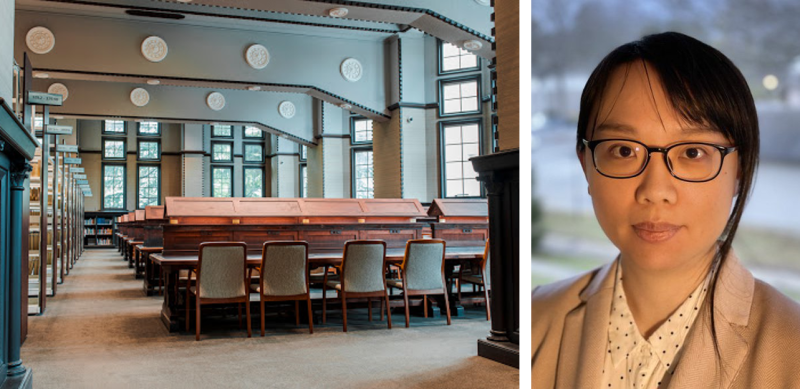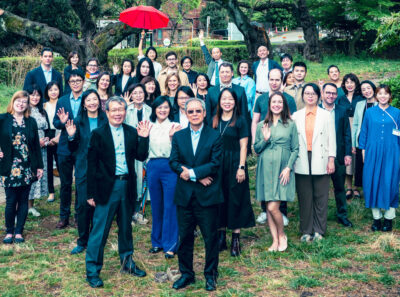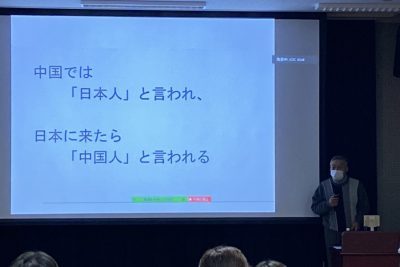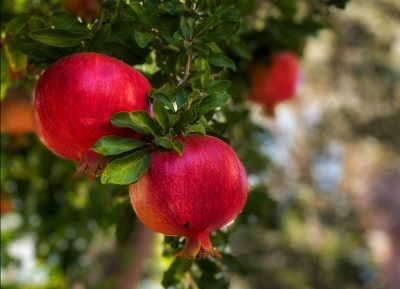New Member Interview: Postdoctoral Fellow TSAI Hung Yin

In this blog series, we interview new members of Tokyo College. For this entry, we spoke with Dr. TSAI Hung Yin, a Postdoctoral Fellow who joined us this past September.
Welcome to Tokyo College! Could you tell us a little bit about what you were doing before joining the College?
I explore historical and contemporary encounters in the field of medicine to uncover its cultural, political, economic, social, and epistemological facets, focusing on how global exchanges have re-defined our views on matters ranging from the functioning of our bodies and the causes of disease to normative claims about life. While biomedicine has dramatically changed our lifestyles over the last several hundred years, people in far-flung parts of the world continue to practice traditional medicine, which has somewhat surprisingly become popular in the United States and in similar countries where biomedicine is dominant. The social, as well as medical, beliefs related to various kinds of medical practices often trigger heated debates regarding two central issues: what counts as medicine and what counts as legitimate evidence of medical effectiveness. These debates often address not only “complementary medicine” (i.e., non-standard medical practices), but also the innovation of biomedicine, as well as the integration of various strands of medicine at local and global levels.
Before joining the College, I finished my dissertation “Cultural Encounters in Medicine: (Re)Constituting Traditional Medicine in Taiwan under Colonization, Modernity, and Exchange” in 2021. In my dissertation, I focus on how imperialism and biomedicine reshaped traditional medicine in Taiwan during Japan’s colonization of the island (1895–1945). I show that, the island witnessed an institutional medical shift, in which the colonial government and the licensed practitioners of modern medicine deified modern medicine and denigrated traditional medicine, labeling the latter “primitive” and “non-medicine.” In response, the practitioners of traditional Taiwanese medicine adopted various strategies either to preserve the practices or to integrate them into modern medicine. Thus, at this colonial moment, western medicine established itself locally in Taiwan while traditional medicine established itself globally. Today, people around the world have access to remarkably varied alternative medicine, most of which connects back to aboriginal cultures. Alternative medicine was born under imperialism, as these healthcare practices were not “alternative” until empires and their modern medical regimes designated the practices as such. Whether medical, political, cultural, or otherwise, the resulting encounters between tradition and modernity reveal a curious irony: during colonialism, traditional medicine was considered local, but actually was (re)born as a global product through global exchanges.
Could you explain your current research project(s)?
Going beyond my previous projects of medical encounters between West and East, I am conducting a new study exploring the concepts of health and well-being in the context of both bioprospecting and human enhancement. My specific focus will be on nutraceuticals made from traditional herbs. Bioprospecting is the systematic search for natural resources such as plants, microorganisms, and animals that scientists can transform into commercial products. Some of the prospected natural resources become popular nutraceuticals for everyday life, such as Ceylon cinnamon stabilizes blood sugar, reishi mushrooms from Asia boost the immune system, and maca from South America improves men’s energy and sexual stamina.
Scholars in this field are currently engaged in intensive discussions about bioprospecting as it relates to the exploitation of developing countries. However, I will explore this topic from a different perspective, focusing on users who take these nutraceuticals and on the governmental policies that regulate these nutraceuticals. I frame this research project around three specific questions: How do nutraceuticals that have been bioprospected in one country shape people’s understanding of health and medication in other countries? How do governments in one country regulate the claims made by bioprospected nutritional supplements regarding another country’s traditional medicine? And how do governments determine whether a specific kind of bioprospected material is traditional medicine or a non-medical supplement, especially in those countries that have their own traditional medicine? When we think of human enhancements, we often think about fancy technologies, like gene-editing and brain-machine interfaces, but nutraceuticals—or foods that function as drugs—are actually the most popular way in which people perhaps unreasonably try to enhance their bodies. The emergence of these nutraceuticals thus reflects our desire to manage the human body and life itself—to re-shape our idea of what life should be by means of highly accessible yet allegedly powerful products.
What are your goals for your tenure at the College?
Through my project at Tokyo College, I would like to connect with more researchers of biomedicine and medical humanities in Japan. Japan has been one of the significant hubs of knowledge distribution and exchanges in the global network and is thus a perfect site to explore cultural encounters of medicine. I aim to learn more about what and how researchers in Japan think about medicine and healthcare. I also intend to bridge the Japanese researchers with scholars in the US and other East Asian countries, especially the Science, Technology, and Society (STS) Studies, to promote international and interdisciplinary collaboration.








